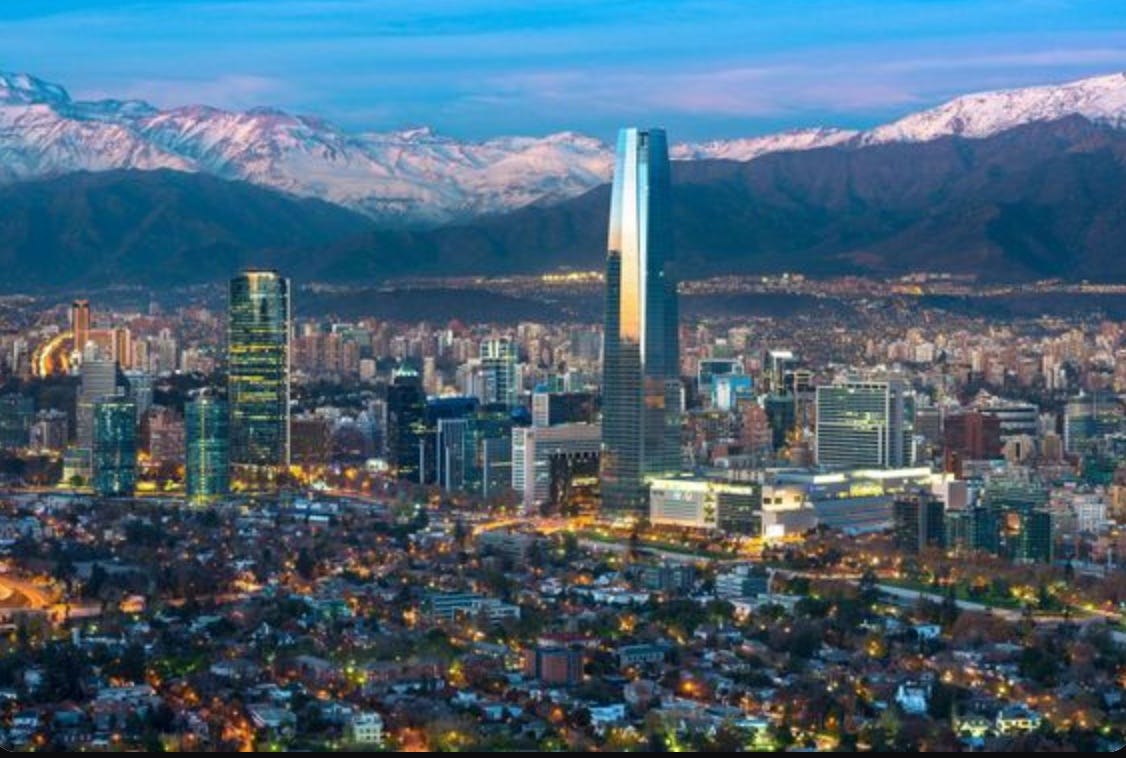Chile Facing A Risky Economic Decline
A new socialist government in Chile risks destroying the countries economic success
In a continent of ever fluctuating currencies, interest rates, wealth and poverty levels it is clear that since the mid-1970s, Chile has been the most successful economy in Latin America. However, is Chile now facing a risky economic decline?
In a continent of ever fluctuating currencies, interest rates, wealth and poverty levels it is clear that since the mid-1970s, Chile has been the most successful economy in Latin America.
In key metrics it has had significant success. The country’s gross domestic product has quadruple; The country’s poverty rate has fallen from roughly half the population to below 10 percent of Chileans;
Further, since the 1990s, Chile’s extreme poverty has fallen from 35 percent to just 2 percent, which is an astonishing accomplishment. To put it in comparison, a country like Venezuela, has an extreme poverty rate of over 70 percent of its population.
The nation has expanded its middle class which is now regarded as strong and robust with 65 percent of the population falling within it). No doubt that rise has also contributed to impressive life expectancy rates of around 79 years of age.
So, by all indicators overall Chile is an example of success. an economic miracle within a region historically marked by massive failures of all kinds, let alone economics and rising health and wealth standards.
This fact is also noted outside of the country. The UN’s Human Development Index has Chile as its highest-ranked country in the region and amongst the fifty best in the world. This is quite incredible when you consider that at the beginning of the 1970s the country was very was poor and looked like it was to be another Latin American failed state.
Yet, despite its success, Chile seems to be unhappy with its recent history and it’s successful socioeconomic model of development.
Firstly, in 2019, the country saw massive waves of left wing promoted protests in its capital, Santiago. Then in 2020, seventy-nine percent of Chileans voted in favor of drafting a new constitution for their country. They also elected a supermajority of socialists to draft such constitutional amendments. Finally, in 2021, Chile elected Gabriel Boric, its first socialist president since Salvador Allende in 1970.
At only 35 years of age, Boric also became the youngest president in the country’s history. Since young, Boric has been involved in Chile’s student movement, becoming one of the most followed and recognized student activists in the nation.
Boric defeated the Conservative Candidate, Jose Antonio Kast, with a margin of 56 percent of the vote against 46 percent. Not a vast amount but in line with social global voting patterns that are splitting nations along socialist and conservative lines.
In his victory speech, Boric explicitly stated that his election represented a fundamental change to Chile’s current economic model.
“We cannot continue to allow the poor to pay for the inequalities of Chile,” Boric said in his victory speech.
Boric’s economic proposals have included a series of socialist reforms that range from the punitive and short sited dismantling of Chile’s private pension system to classic socialist raising taxes on the rich. He also has determined to soak successful sectors of the Chilean economy like mining.
The combination of all these changes with Socialists in charge does not augur well for those who policies created the past 30 years of success or support it now.
What I mean by this is that Boric’s plan is clearly not to include a greater degree of solidarity to a successful economic system, as many social democrats have done in the past in their respective countries.
Instead, what Boric, and his followers, seem to want is to fundamentally change the economic model of Chile, despite its overwhelming success.
This is not what modern and forward-looking nations do. Nations as successful as Chile should aim to improve their respective systems, they should not aim to fundamentally reshape their systems from zero, especially if they want to change them for the worst.
This is unfortunate not only for Chile but also for the region as a whole, as it seems that Latin American countries keep repeating the same mistakes over and over again.






